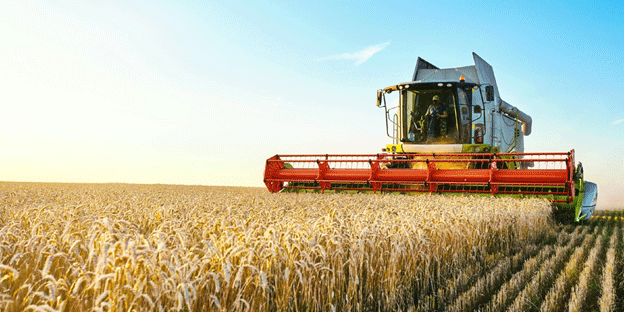In response to directives from relevant government departments, CGR and its subsidiaries will scale up their procurement efforts in major wheat-producing areas. The focus will be on ensuring that farmers have reliable channels to sell their grain, thus preventing market gluts and ensuring fair pricing. Local governments are expected to play a crucial role in facilitating this process by supporting the procurement operations and assisting in the dissemination of information regarding the specific collection points.
The announcement is timely, as China continues to prioritize food security amidst global uncertainties. Wheat, a staple crop, is particularly vital, and ensuring its steady production and distribution is crucial for maintaining both food availability and price stability in the domestic market.
Background and Current Market Trends
China is one of the world’s largest wheat producers, with the crop being a central component of the country’s agricultural output. In 2023, China produced over 135 million tons of wheat, according to the National Bureau of Statistics, making it a key contributor to the global wheat supply. However, challenges such as climate change, market volatility, and international trade tensions have heightened the need for robust domestic storage and procurement strategies.
The CGR’s expanded procurement plan comes at a time when global wheat markets are experiencing fluctuations due to various factors, including the ongoing conflict between Russia and Ukraine—two of the world’s largest wheat exporters. These disruptions have underscored the importance of self-sufficiency and the need for countries like China to secure their food supplies against external shocks.
Implications for Farmers and the Agricultural Sector
For farmers, the CGR’s announcement is a positive development. It ensures that there will be a stable market for their wheat, reducing the risks associated with price drops during harvest seasons when supply typically outstrips demand. By committing to increased procurement, the CGR is also likely to provide price support, which will help sustain farmers’ incomes.
Additionally, this initiative is expected to have broader implications for the agricultural sector, including the potential for increased investment in wheat production technologies and infrastructure. Local governments’ involvement in supporting these efforts may also lead to improved logistics and storage facilities, which are critical for maintaining grain quality and reducing post-harvest losses.
The China Grain Reserves Corporation’s decision to expand wheat procurement in 2024 is a strategic move that aligns with the nation’s long-term goals of food security and agricultural sustainability. By ensuring that farmers have a guaranteed market for their produce, and by enhancing the infrastructure for grain storage, China is taking proactive steps to safeguard its food supply against both domestic and international challenges.
For the agricultural community, this initiative represents an opportunity to stabilize and possibly enhance the economic viability of wheat farming. It also signals the government’s ongoing support for the sector, which will be crucial in the face of evolving global food dynamics.
Error




